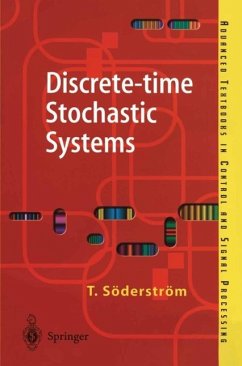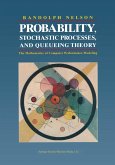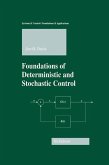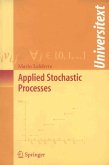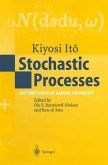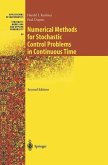. inclusion of the polynomial approach provides alternative and simpler computational methods than simple reliance on state-space methods;
. algorithms for analysis and design of stochastic systems allow for ease of implementation and experimentation by the reader;
. the highlighting of spectral factorization gives appropriate emphasis to this key concept often overlooked in the literature;
. explicit solutions of Wiener problems are handy schemes, well suited for computations compared with more commonly available but abstract formulations;
. complex-valued models that are directly applicable to many problems in signal processing and communications.
Changes in the second edition include:
. additional information covering spectral factorisation and the innovations form;
. the chapter on optimal estimation being completely rewritten to focus on a posteriori estimates rather than maximum likelihood;
. new material on fixed lag smoothing and algorithms for solving Riccati equations are improved and more up to date;
. new presentation of polynomial control and new derivation of linear-quadratic-Gaussian control.
Discrete-time Stochastic Systems is primarily of benefit to students taking M.Sc. courses in stochastic estimation and control, electronic engineering and signal processing but mayalso be of assistance for self study and as a reference.
Dieser Download kann aus rechtlichen Gründen nur mit Rechnungsadresse in A, B, BG, CY, CZ, D, DK, EW, E, FIN, F, GR, HR, H, IRL, I, LT, L, LR, M, NL, PL, P, R, S, SLO, SK ausgeliefert werden.

